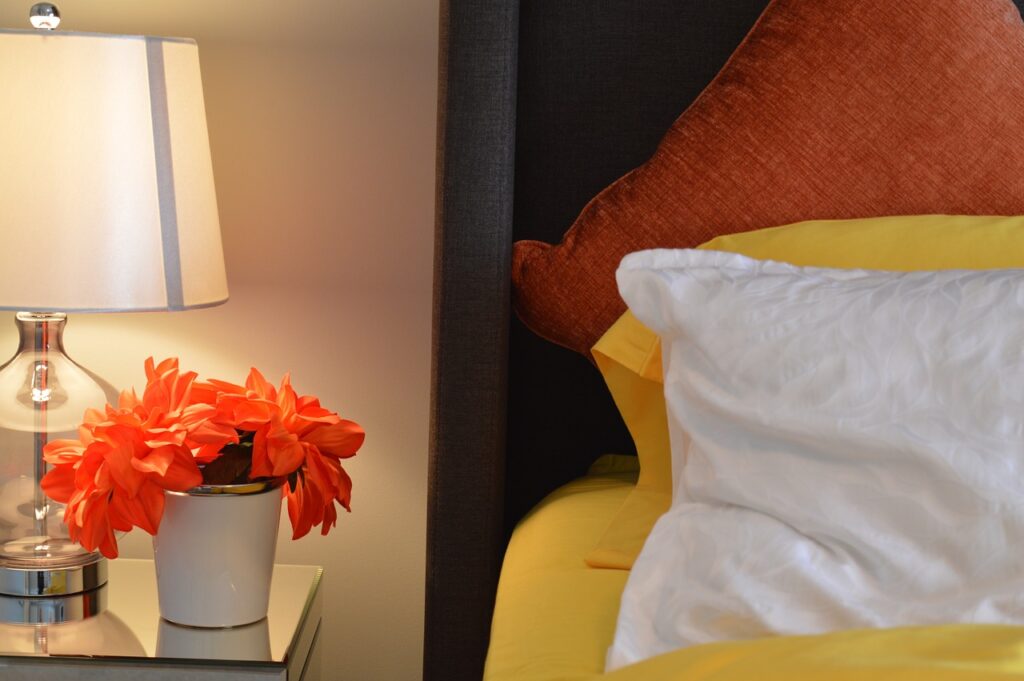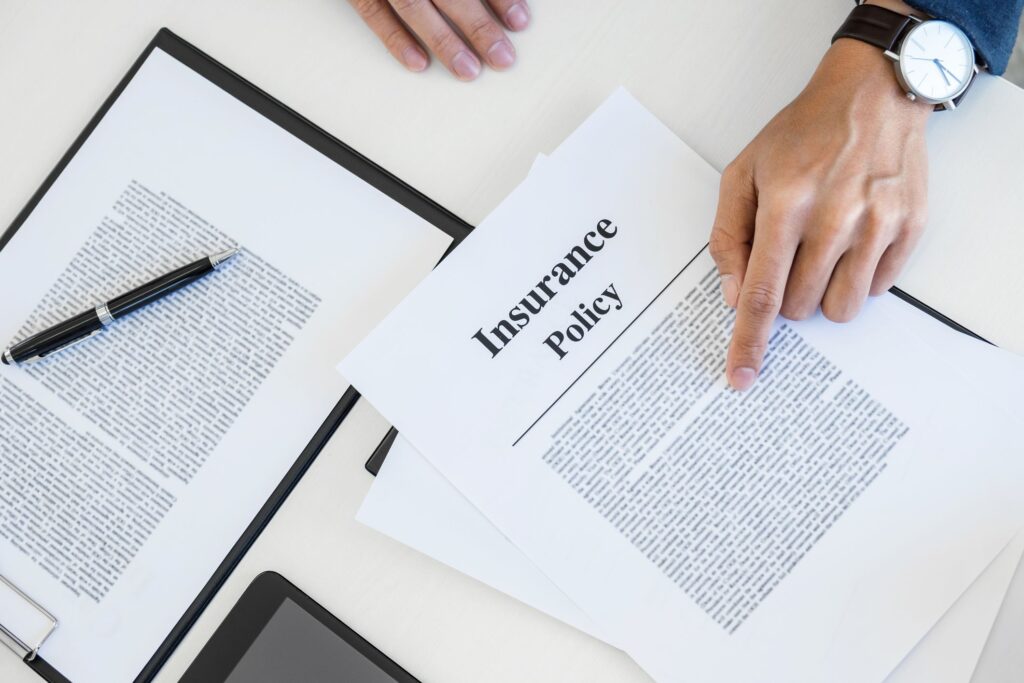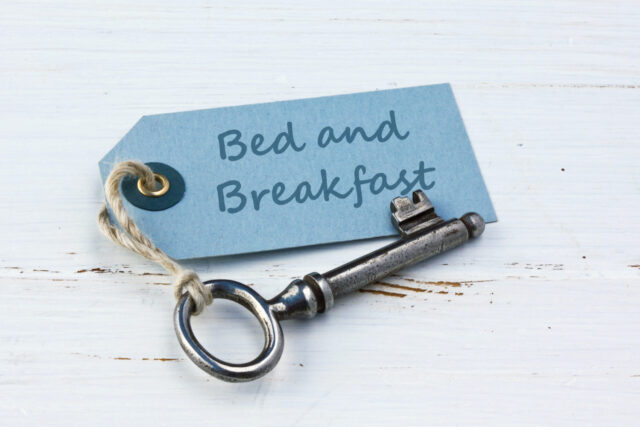Running a bed and breakfast involves more than just providing a cozy place for guests to stay; it also requires navigating the complexities of business ownership, including securing the appropriate insurance coverage.
While homeowners might be familiar with standard home insurance policies, the requirements and risks associated with operating a bed and breakfast demand a more specialized approach.
Bed and breakfast insurance is crafted to address the unique needs of small hospitality businesses, offering protection that goes beyond what standard home insurance can provide.
In this guide, we’ll explore how bed and breakfast insurance differs from standard home insurance, highlighting the key areas of coverage that are critical for B&B owners.
What Do You Need to Know About Expanded Liability Coverage?

One of the most significant differences between standard home and bed and breakfast insurance lies in the scope of liability coverage.
Standard home insurance typically covers liability issues that may occur within a private residence, such as injuries to visitors or damage to a neighbor’s property.
However, when a home is used as a bed and breakfast, the potential for liability issues increases substantially due to the nature of the business and the volume of guests.
Bed and breakfast insurance includes expanded liability coverage to protect the owner from claims that could arise from guest injuries, accidents, or even dissatisfaction with services.
This type of insurance often covers incidents related to food service, such as food poisoning claims, and specific guest-related accidents, which might occur on the property.
Additionally, this coverage can extend to employee actions, protecting the business if an employee causes harm or injury while performing their duties.
What Do You Need to Know About Property Coverage?

While standard home insurance covers the structure and contents of a house, bed and breakfast insurance provides enhanced protections tailored to the needs of a hospitality business.
As you can see on Erie Mutual Insurance, this includes coverage for guest property, which may not be included in a typical homeowner’s policy. If a guest’s belongings are stolen or damaged while staying at the B&B, this coverage can help compensate for the loss, which is crucial for maintaining the guest’s trust and business reputation.
Furthermore, bed and breakfast insurance typically offers options for covering lost income if the property becomes uninhabitable due to a covered loss, such as fire or severe weather damage. This aspect of is vital for B&B owners, as any disruption in operations can significantly impact revenue.
Standard home insurance policies do not offer compensation for business interruption, which underscores the importance of specialized policies for business continuity in the hospitality industry.
What Are the Additional Services and Provisions You Need to Be Aware Of?

Operating a bed and breakfast often involves additional services that go beyond basic lodging, such as offering tours, recreational activities, or special events like weddings.
Bed and breakfast insurance can be customized to include provisions for these activities, covering risks associated with organizing and hosting such events.
This is especially important as these services can expose the business to additional liabilities.
Standard home insurance would not cover claims related to the business use of the home, such as accidents occurring during a guided tour or injuries sustained during a recreational activity provided by the B&B.
Specialized policies ensure that these elements of the business are also protected, providing peace of mind and allowing owners to expand their offerings without undue risk.
Can You Customize Policies Depending on Your Unique Needs?

Bed and breakfast owners must consider the unique characteristics of their properties and operations when selecting insurance coverage. Unlike standard home, bed and breakfast insurance can be highly customized to fit the specific needs and risks of each establishment.
This customization is crucial because B&Bs vary widely in size, location, the services they offer, and the historical value of their buildings.
For instance, a B&B operating in a historic home may require special coverage for the costs associated with restoring architectural features to historical standards after damage.
Similarly, a B&B located in a coastal area might need additional coverage for flood damage, which is typically not covered under standard policies.
Insurers offering bed and breakfast insurance work closely with business owners to assess their specific needs and provide coverage options that protect against the most relevant risks.
What Are Some Additional Options That You Have?

Bed and breakfast insurance also differs from standard home insurance in the breadth of additional coverage options available. These might include:
Liquor Liability
If a B&B serves alcohol to guests, particularly if hosting events like receptions or parties, liquor liability coverage becomes essential. This insurance helps protect against claims that occur when a guest drinks too much and causes harm or has an accident.
Cyber Liability
As B&Bs adopt online booking systems and maintain digital guest records, cyber liability coverage becomes increasingly important.
This insurance helps protect against losses resulting from data breaches or cyber-attacks, which can compromise guest information and damage the business’s reputation.
Personal and Advertising Injury
This covers the risk of claims from actions such as libel, slander, and violation of privacy rights, which could potentially arise from marketing efforts or interactions with guests.
Make Sure You Keep Up to Date With Policy Updates and Reviews

Given the dynamic nature of the hospitality industry, along with evolving legal and market conditions, it is critical for B&B owners to regularly review and update their insurance policies.
Changes in services, an increase in the number of guests, renovations, or new property additions are just a few factors that could necessitate a policy update. Regular reviews ensure that coverage remains comprehensive and aligned with the business’s current status, protecting against underinsurance or gaps in coverage that could be costly in the event of a claim.
This proactive approach to insurance not only aids in managing risks more effectively but also helps in planning future expansions or changes in service offerings with a clear understanding of the insurance implications.
By staying current with their insurance coverage, B&B owners can avoid potential financial pitfalls and continue to thrive in the competitive hospitality market.
Bed and breakfast insurance offers a level of specificity and comprehensive coverage that standard home insurance simply cannot match, tailored to the unique challenges and risks of running a small hospitality business.
By carefully choosing the right insurance solutions and maintaining a diligent approach to safety and risk management, B&B proprietors can focus on what truly matters—providing a memorable and enjoyable experience for their guests.




